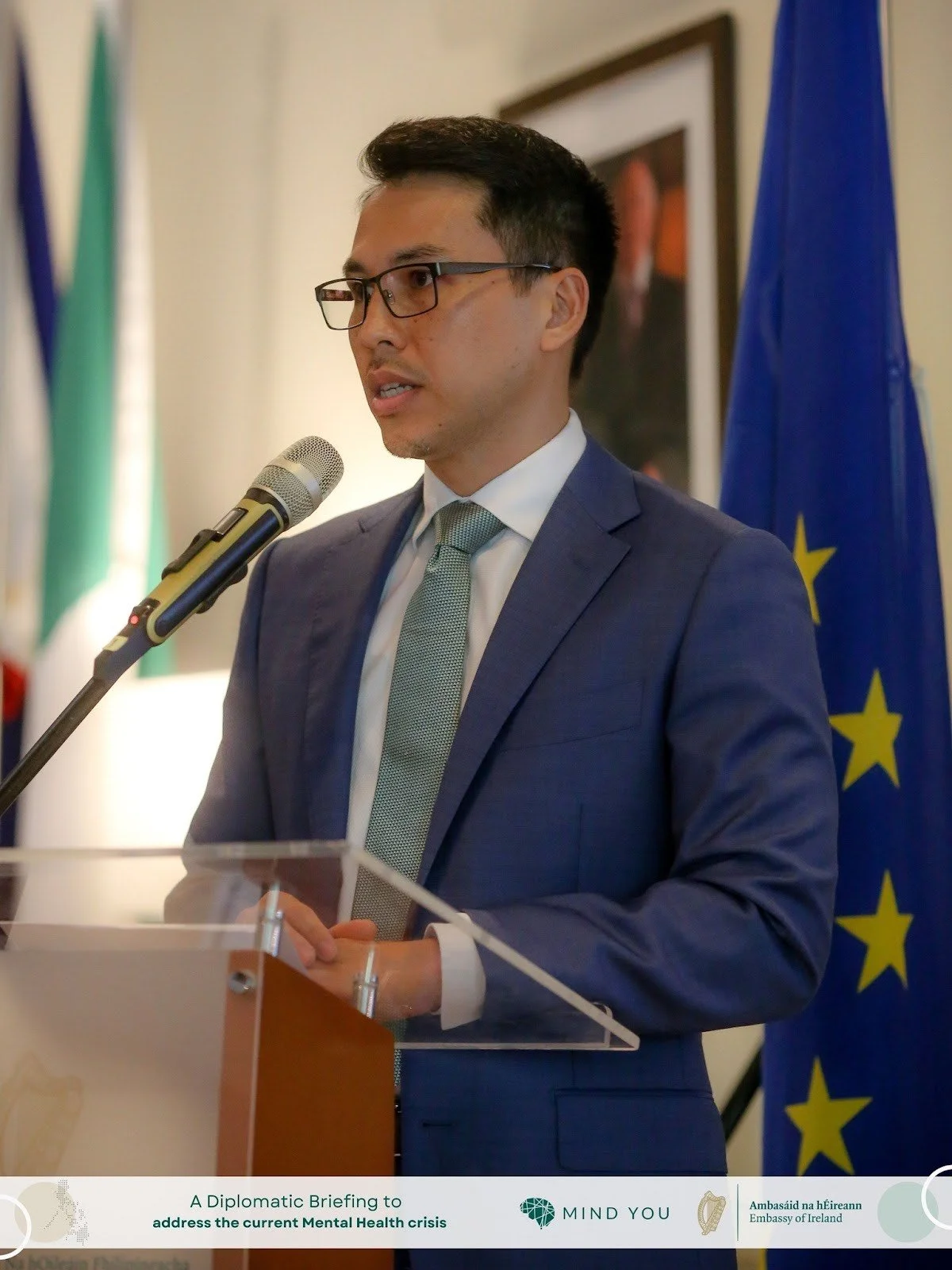THE HIDDEN COST OF INNOVATION: HOW STARTUP CULTURE IMPACTS MENTAL HEALTH
The startup world thrives on resilience, risk-taking, and an unwavering drive for innovation. These traits often fuel groundbreaking ideas and disruptive technologies. However, they also come with a hidden cost: the mental health of the very people driving these innovations.
To better understand this issue, we spoke with GSA alumni, Yuri Marshall, founder of Mind You, Best Health Tech in ASEAN. Yuri brings both professional insight and lived experience to the table.
His reflections are woven throughout this article, offering a grounded look at how founders can prioritize well-being while continuing to innovate.
RISK AND REALITY
Entrepreneurs are celebrated for their determination and relentlessness. These qualities push industries forward, but they can also quietly chip away at personal well-being. A 2024 survey found that 87.7% of entrepreneurs face at least one mental health challenge, with anxiety affecting 50.2% and burnout impacting 34.4%.
These numbers reveal a stark reality: the environment that nurtures innovation can simultaneously undermine those driving it.
The consequences extend beyond individual well-being. Studies show that mental health challenges can significantly affect a startup's performance. Founders experiencing burnout are more likely to make poor strategic decisions, struggle with team cohesion, and see creativity stifled by anxiety.
These insights make it clear that a more balanced approach is urgently needed, one that values both innovation and mental wellness as essential to long-term success.
Yuri Marshall, Founder of Mind You
THE PARADOX OF RESILIENCE
In startup culture, resilience is a badge of honor. But resilience without rest often leads to emotional suppression. Yuri Marshall puts it plainly: “The startup world celebrates resilience and risk-taking, but when left unchecked, that culture can blur into glorifying overwork and emotional suppression.”
Instead of pushing through nonstop, he reframes resilience as the ability to rest, reflect, and return stronger. Anchoring routines like sleep, time in nature, therapy, and honest conversations have helped him lead more sustainably and with greater clarity.
CULTURE SHIFT
Burnout, decision fatigue, and isolation are common challenges in early-stage ventures. Yuri emphasizes the importance of modeling mentally healthy behavior, not just for founders but across entire teams. Setting clear boundaries around work, checking in with colleagues beyond tasks, and offering tools like coaching or mental health days are no longer optional, they’re essential.
“It’s about building a culture where mental health is part of your operational strategy, not an afterthought”, Yuri states.
INNOVATION VS. WELL-BEING
The startup environment, characterized by long hours, high stakes, and the pressure to constantly innovate, can be a breeding ground for mental health issues. While innovation is crucial, it often comes at the expense of personal health. Long-term exposure to such an environment can lead to chronic stress, which in turn affects decision-making, creativity, and overall productivity. Yuri argues that mental wellness isn’t a luxury, it’s infrastructure for sustainable growth.
At Mind You, leaders have seen that investing in mental health leads to stronger teams, better collaboration, and more innovation. Embedding well-being into daily operations, not just HR checklists, creates the kind of environment where risk-taking can thrive.
LEADING BY EXAMPLE
Mind You became the first mental health platform in the Philippines to integrate HIPAA-compliant technology while meeting the national Data Privacy Act. Today, it provides 24/7 access to mental health support for over 300,000 Filipinos and partners with 50+ companies across 40 different industries
With features like real-time analytics, the platform helps employers make data-driven decisions that boost productivity and resilience. In 2024, Mind You was honored as Best Health Tech Startup in the ASEAN region by the Global Startup Awards, a reflection of its mission to make mental health accessible, effective, and secure across society.
A CALL TO INNOVATE HOLISTICALLY
It’s time for startups to innovate not just in their products and services but also in their approach to mental health.
Creating a culture that encourages open conversations about mental health, promoting work-life balance, and providing resources for mental well-being can transform the startup ecosystem.
By acknowledging the hidden cost of innovation, we can pave the way for a more sustainable and human-centric approach to entrepreneurship.
Yuri Marshall’s insights show that innovation and well-being don’t have to be at odds. In fact, they’re interdependent. Founders who make space for care, for themselves and their teams, build businesses that last.
Because the future of innovation isn’t just about what we create. It’s about how we care for the people who create it.


